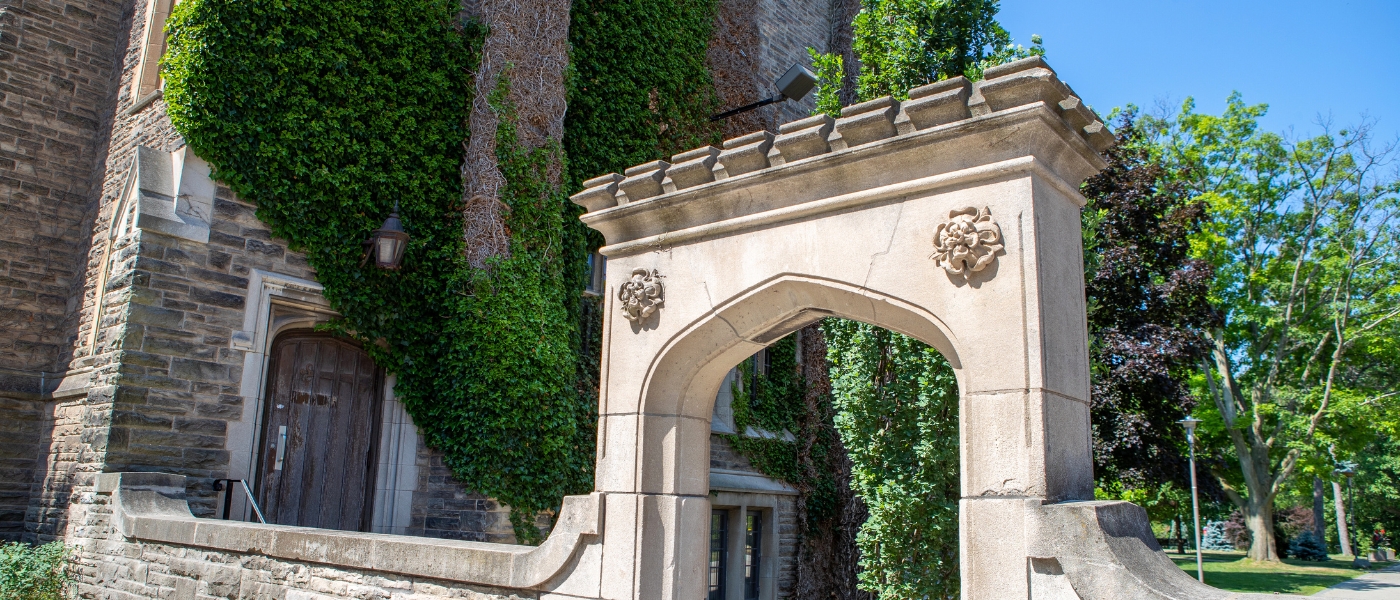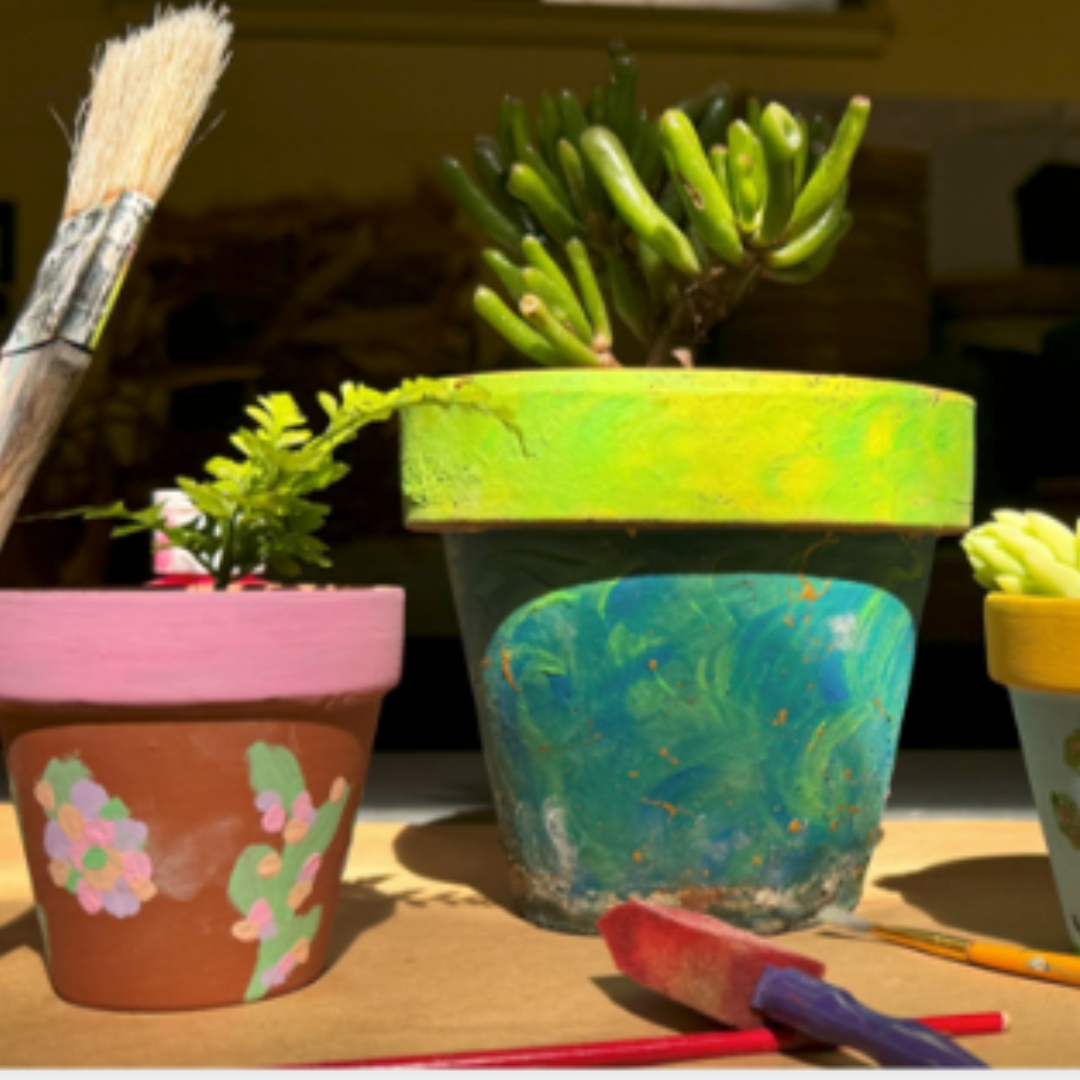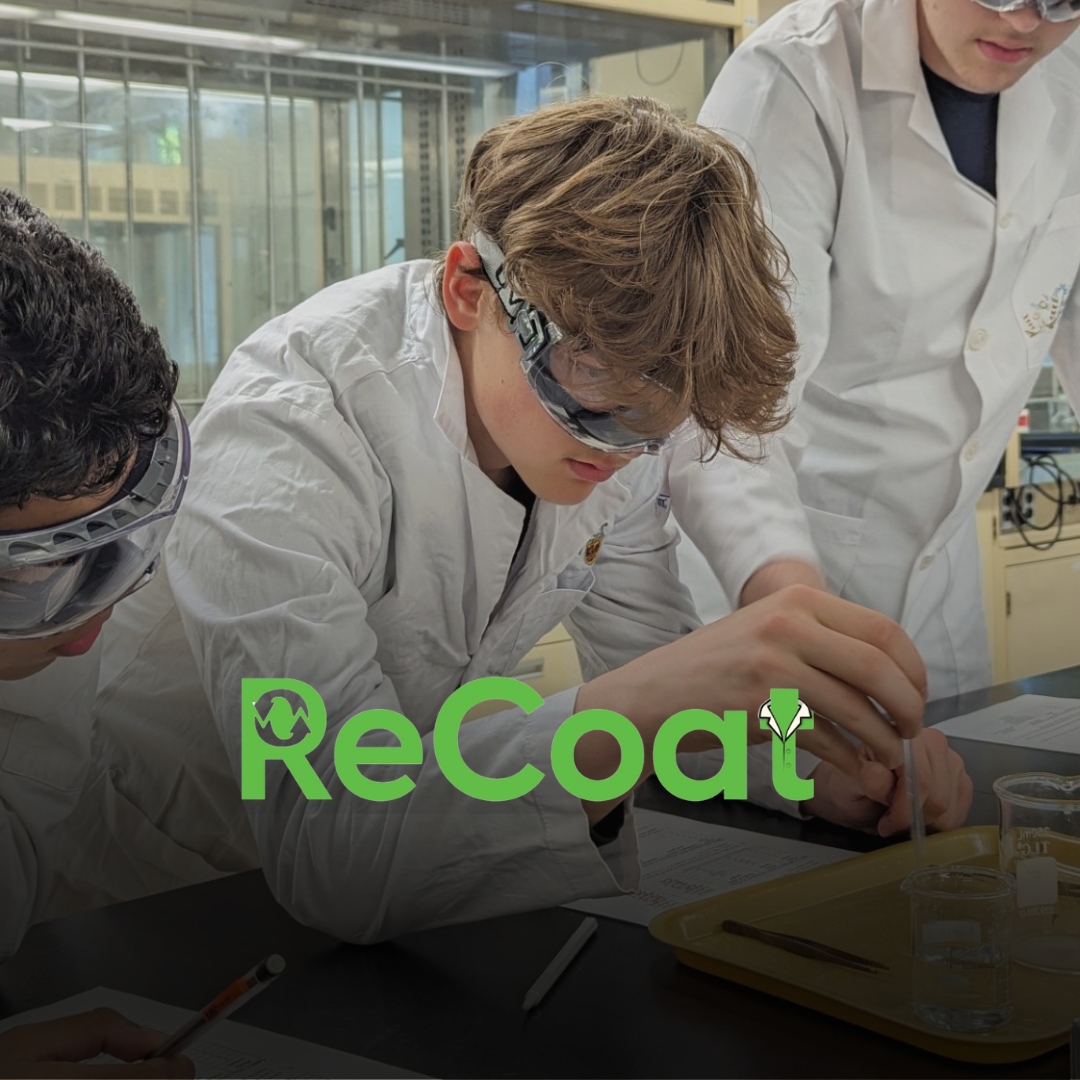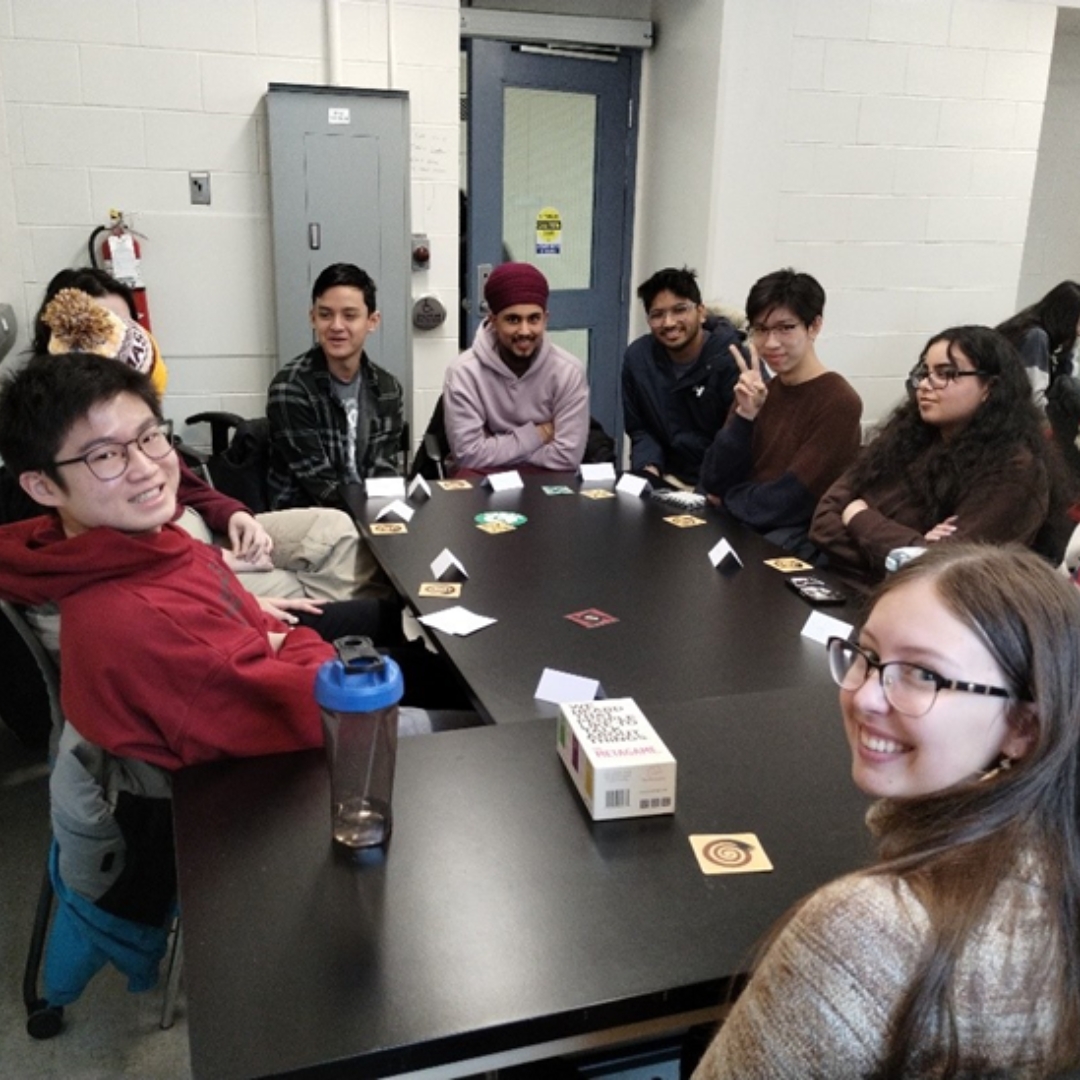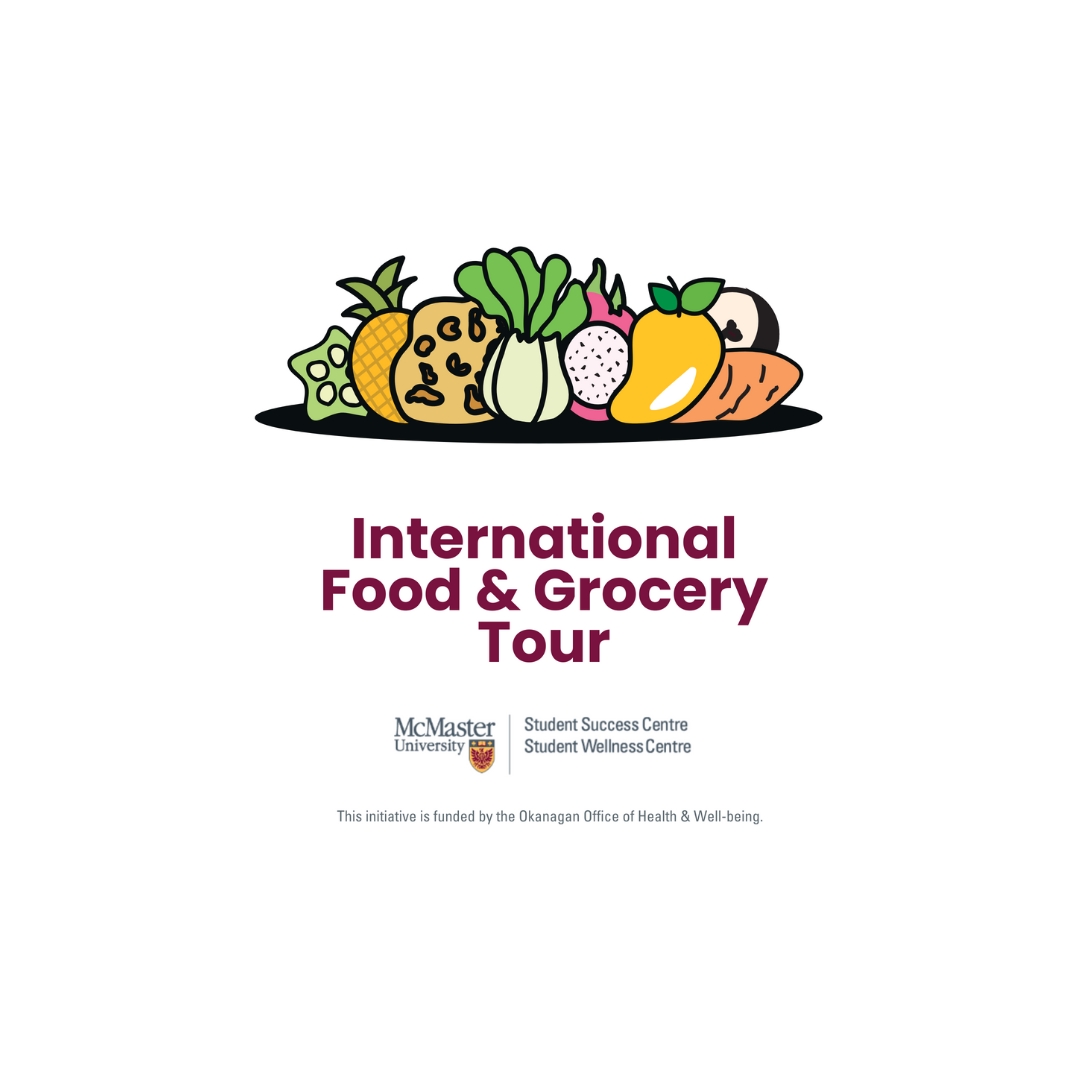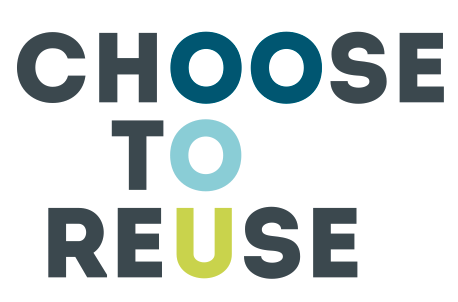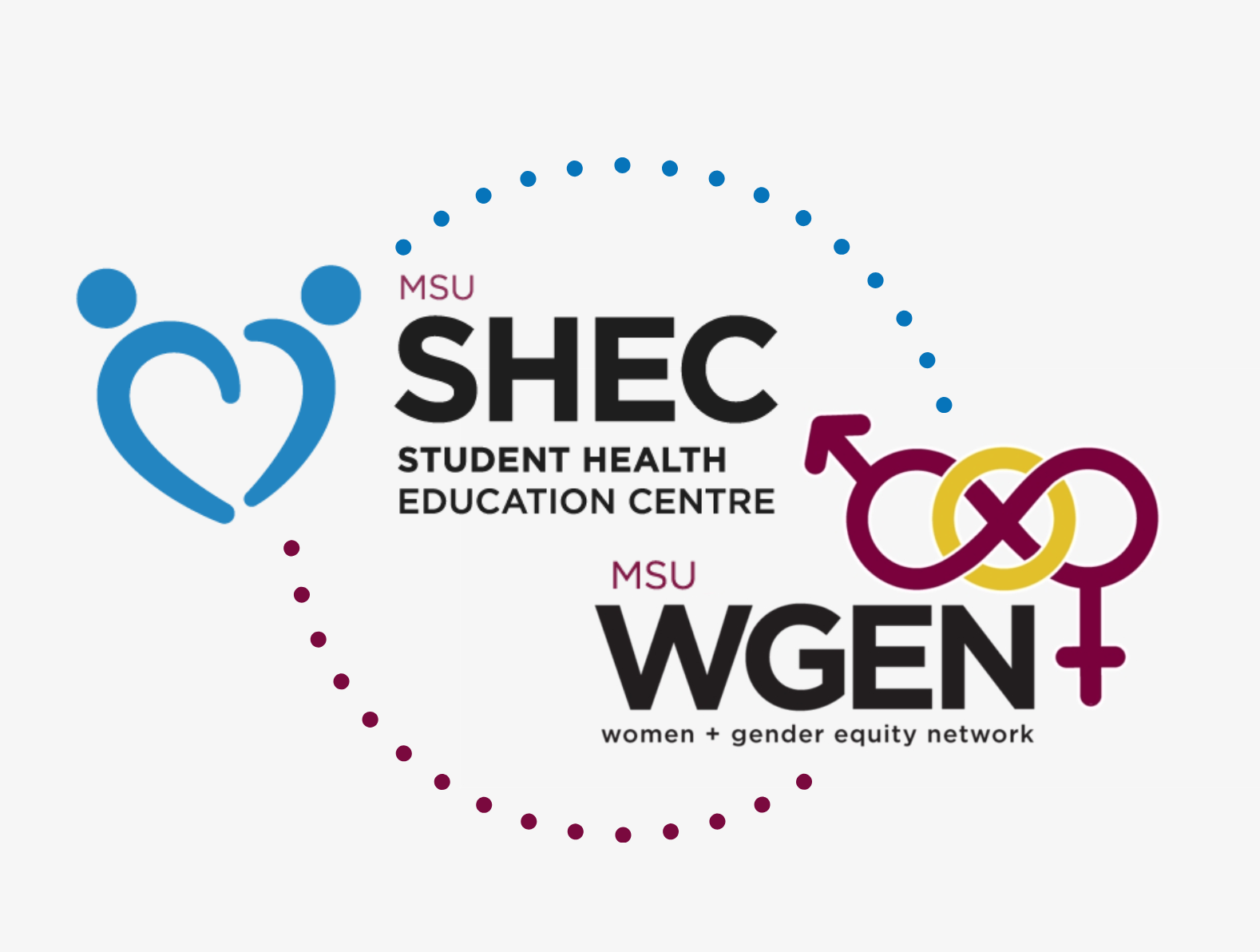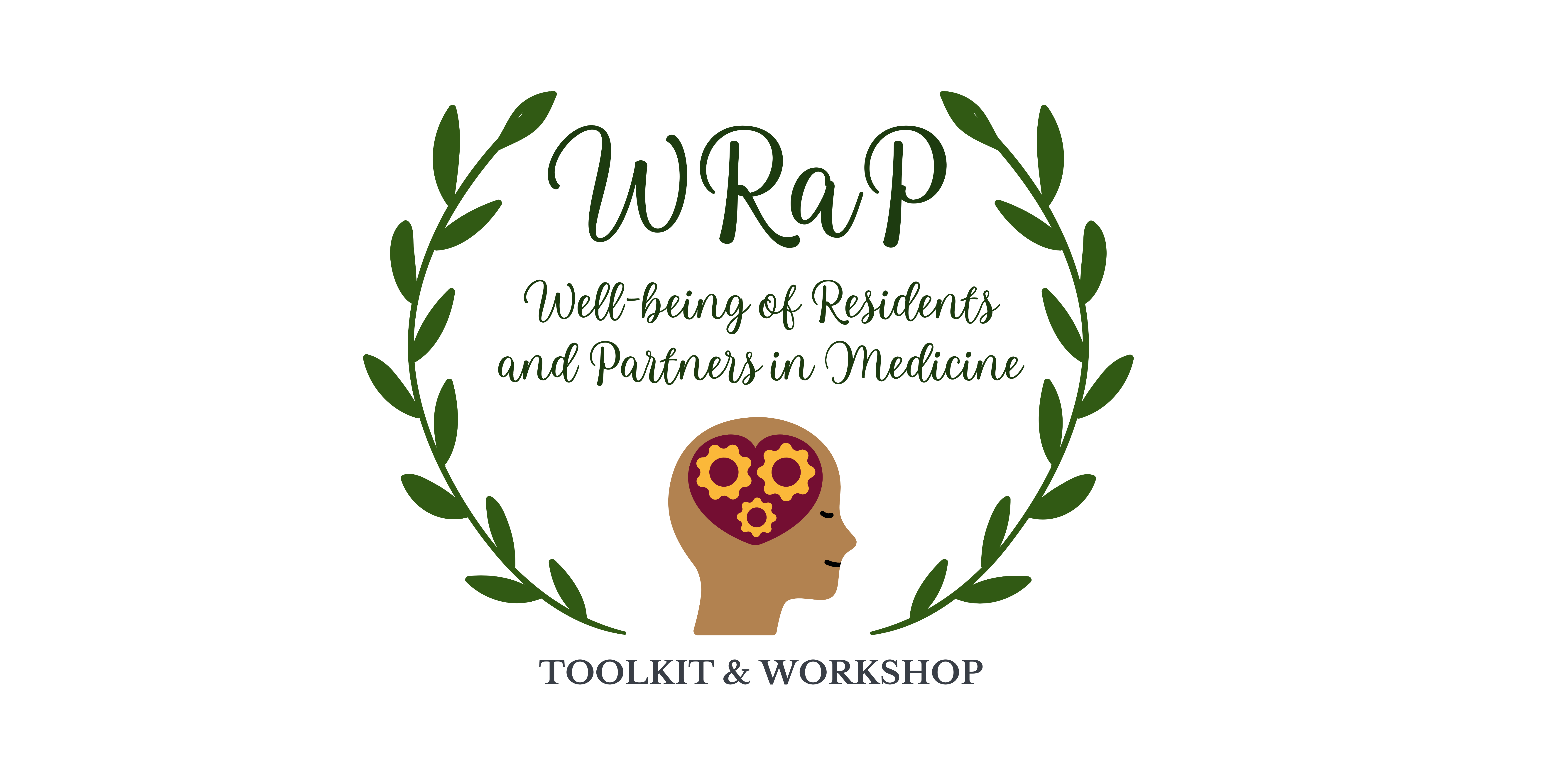About
In recognition of the importance of health and well-being in higher education, the McMaster Okanagan Office of Health & Well-being has developed the McMaster Okanagan Special Project Funding (MOSPF). The purpose of this fund is to encourage creative and impactful projects focused on health and well-being that benefit the McMaster community. All current McMaster staff, faculty and students are eligible to apply for up to $5,000 in funding per project.
Applications for the 2024 MOSPF are now closed. Visit the Active Projects tab to learn about the 2024 recipients.
MOSPF in the News
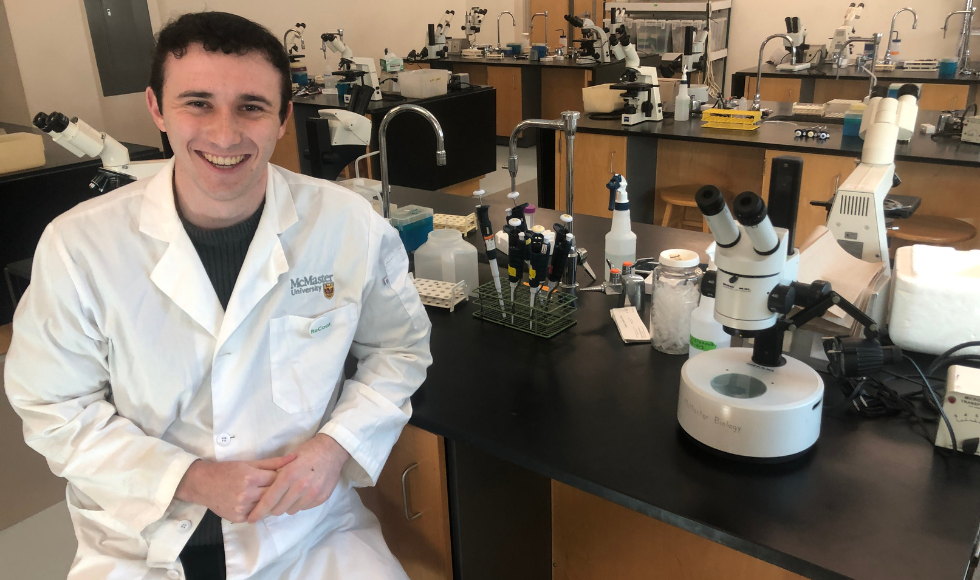
Daily News ➚
The passing of the coat: Science student launches project to reuse lab coats
McMaster Okanagan Special Project Funding
March 13, 2024
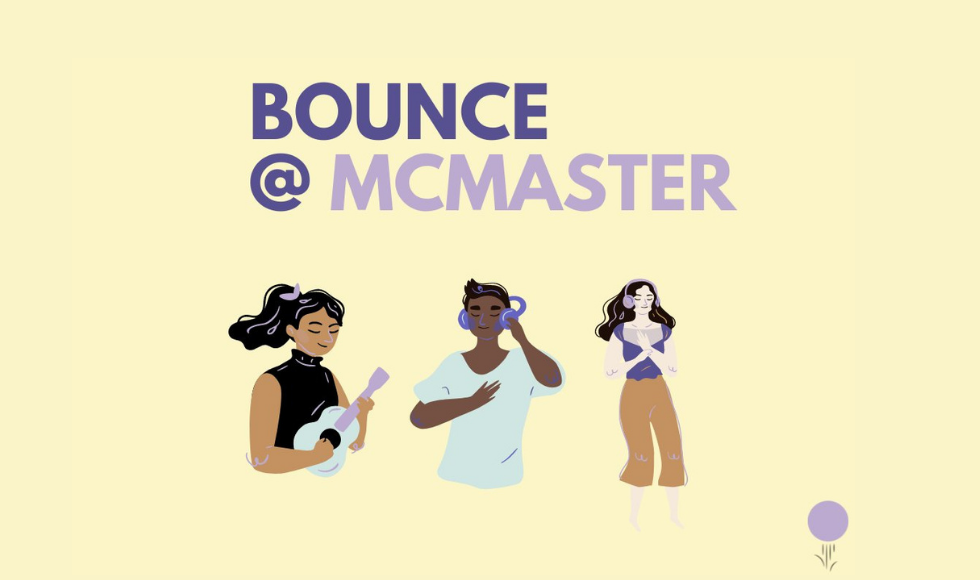
Daily News ➚
Bounce at McMaster podcast celebrates the resiliency found through failure
McMaster Okanagan Special Project Funding
October 21, 2021
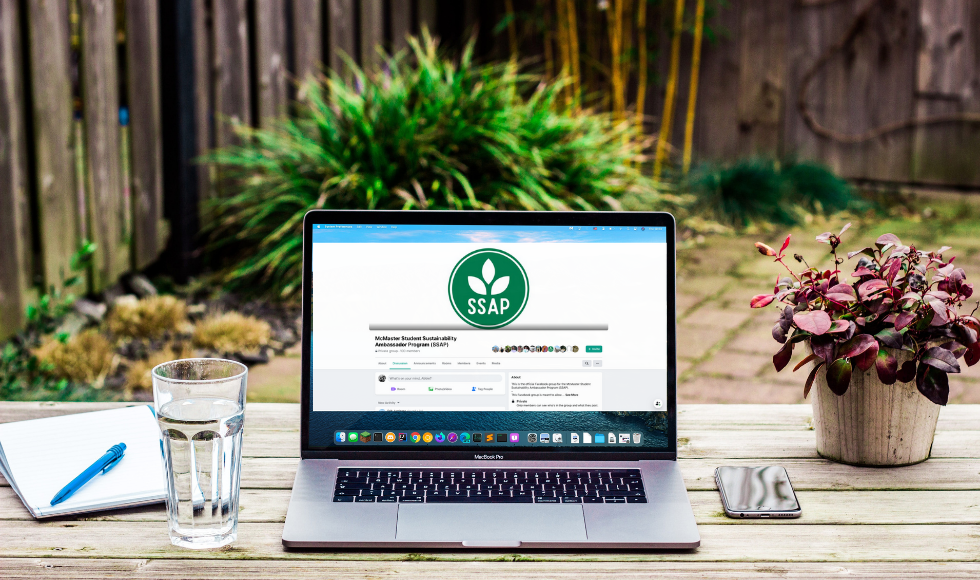
January 22, 2021
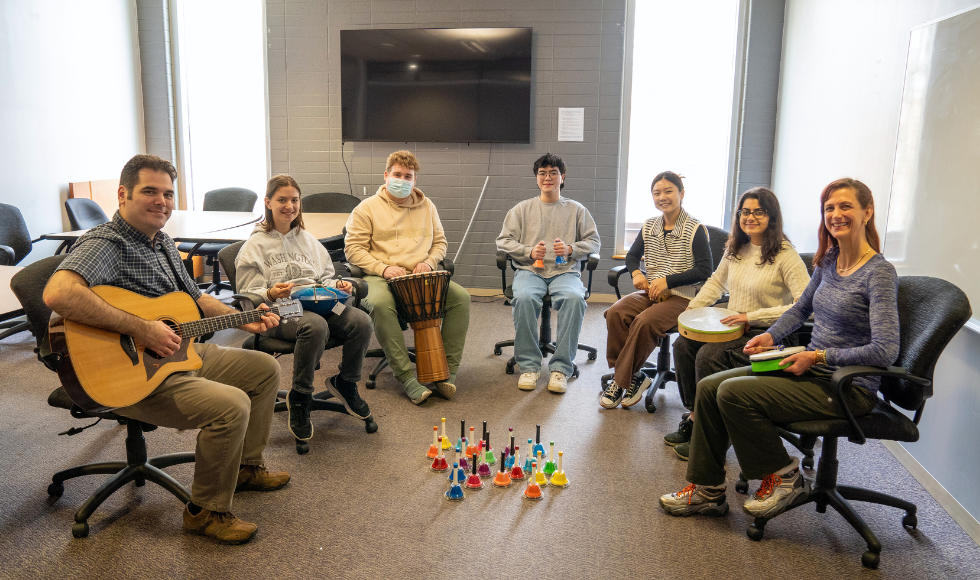
Daily News ➚
Music therapy improves student mental health, study shows
McMaster Okanagan Special Project Funding
April 17, 2023
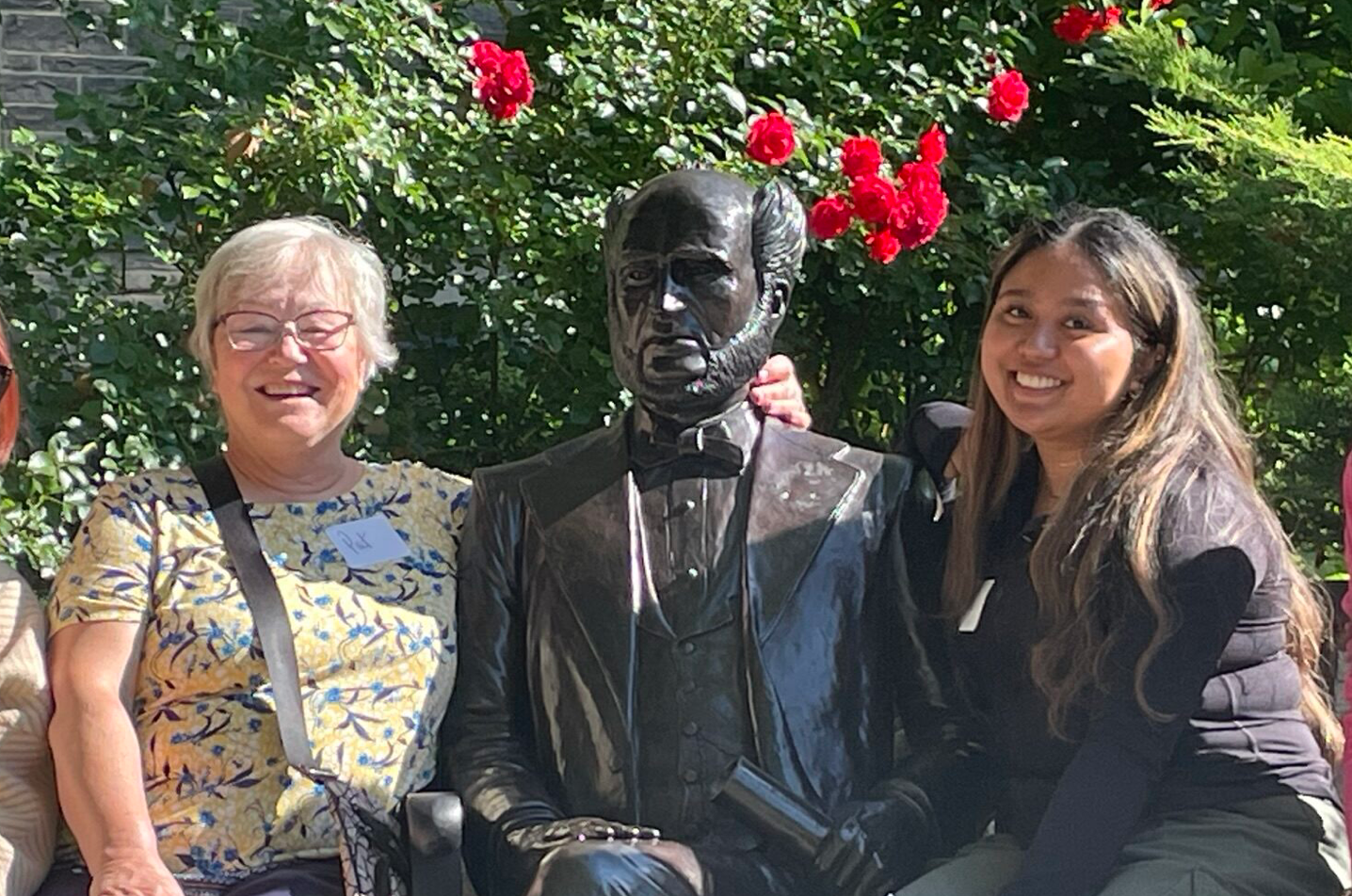
Daily News ➚
Open Campus Day brings together McMaster Students and Older Adult Community Members
McMaster Okanagan Special Project Funding
October 18, 2023
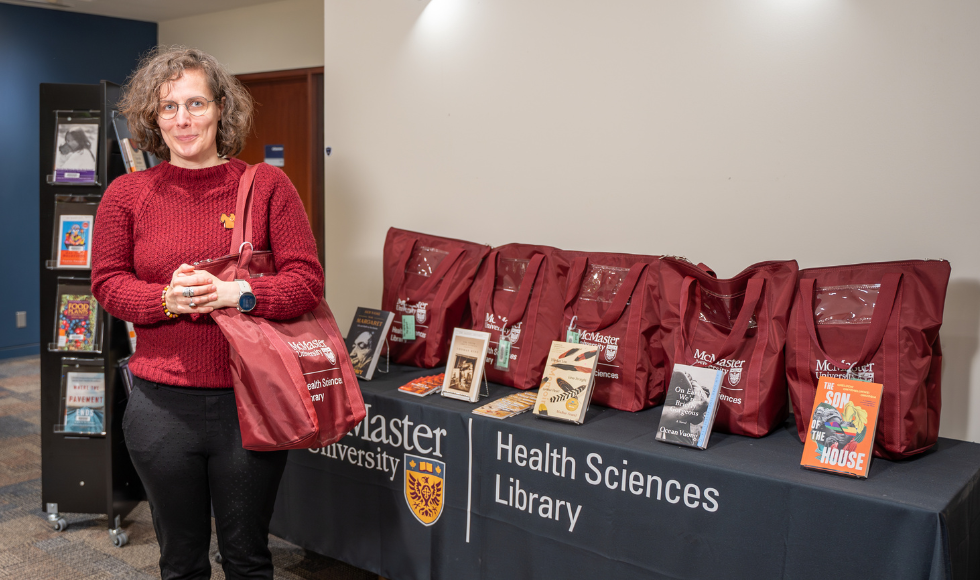
Daily News ➚
Library’s new book club kits aim to spark conversations and foster acceptance
McMaster Okanagan Special Project Funding
January 11, 2024
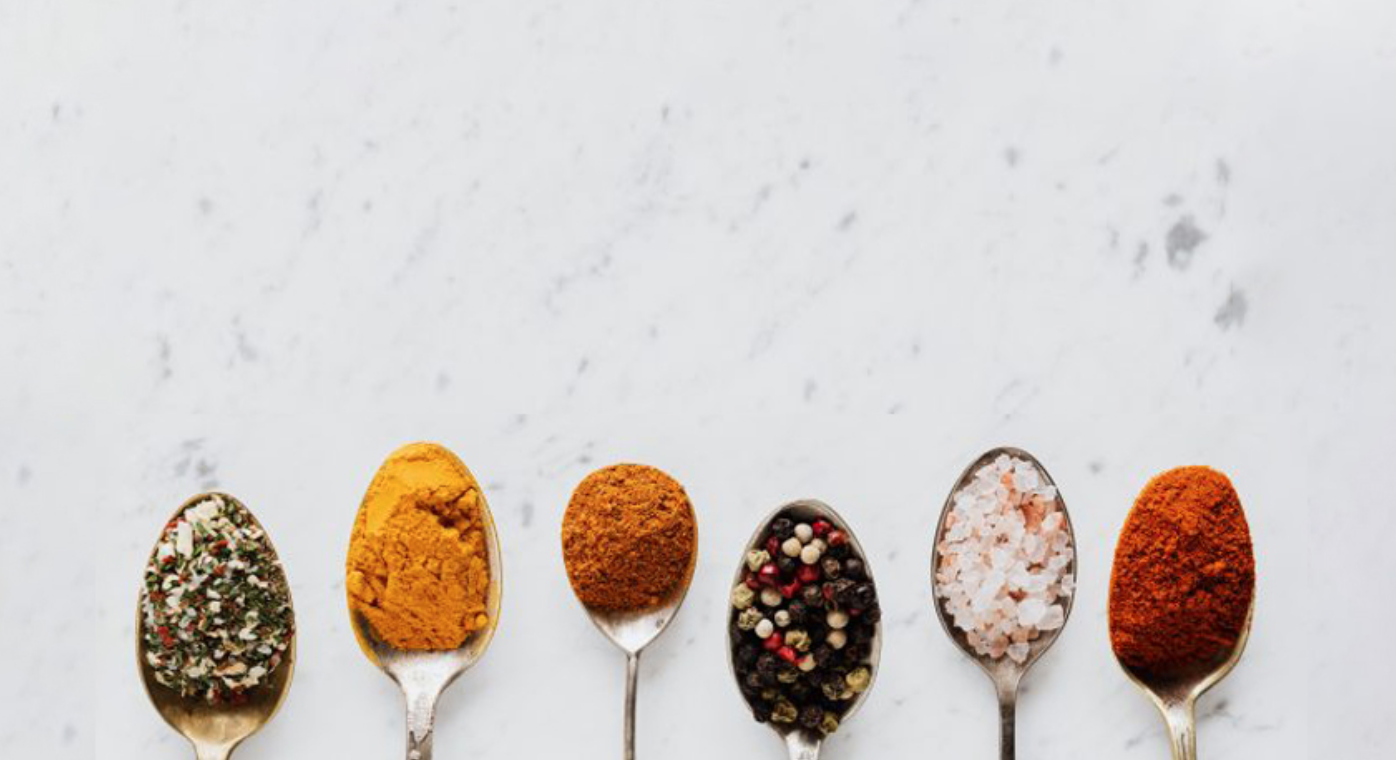
Daily News ➚
Video series brings a professional chef home — virtually
McMaster Okanagan Special Project Funding
October 20, 2020
Active Projects
MOSPF 2024 Projects
In 2024, the McMaster Okanagan Office of Health & Well-being launched the fifth annual McMaster Okanagan Special Project Funding (MOSPF) competition. Students, staff and faculty were invited to apply for up to $5,000 in funding to launch their health and well-being project ideas. A total of 6 projects were selected and are currently underway.
Leaf Lounge - Learn About Leaf Lounge
The Leaf Lounge program in the new Biology Greenhouse offers undergraduates a guided tour of the biodiversity collection; the opportunity to examine, smell and touch our collection of sensory plants and admire the carnivorous and armed plants up close and safely; and a relaxed art project that ends with a plant in a personalized pot to take home. This experience benefits social, emotional and environmental well-being. Interacting more closely with plants, even indoors, offers a variety of benefits: a restful break from concentration, experiencing a complex environment, and recognizing our affinity with the natural world.
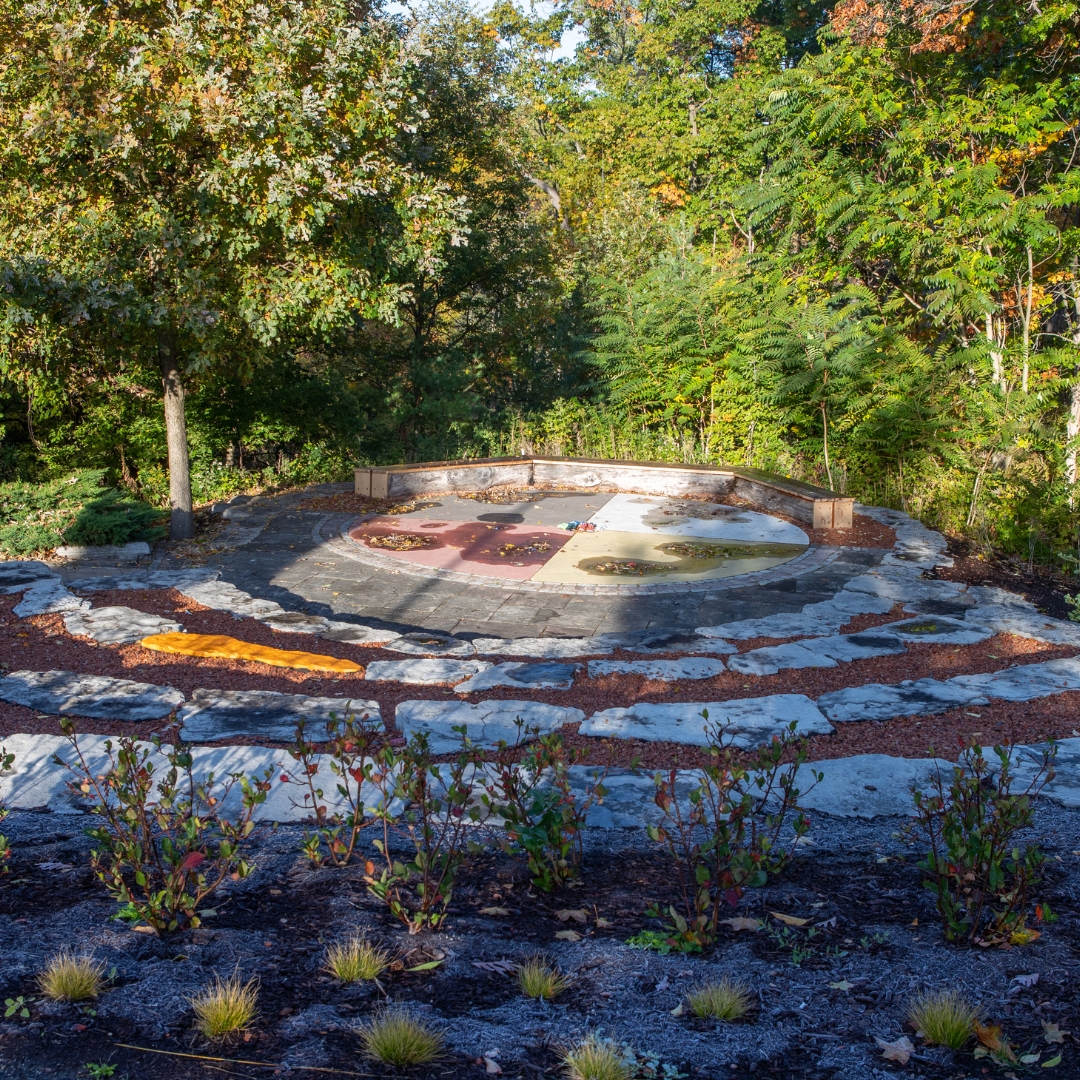
Beyond the Land Acknowledgement - Learn About Beyond the Land Acknowledgement
The McMaster community has committed to incorporate a land acknowledgment prior to beginning gatherings. While some folks add personal reflections and commitments to reconciliation, we can do more. This project will engage with local Indigenous Knowledge Helpers and Elders to gather perspectives on the land and McMaster University. It will provide a deeper understanding of the connection between the land, Indigenous knowledges, and the educational and research opportunities within the McMaster environment. In exploring these knowledges – with a resource document and through workshop, individuals can explore their own connections between their work and their environment to create a personalized commitment to action…beyond the land acknowledgement.
ReCoat - Learn About ReCoat
Powered by McMaster Okanagan, ReCoat partners with the McMaster community to keep lab coats in the lab and not the landfill. Instead of tossing used lab coats in the garbage or the back of a closet, ReCoat promotes our circular economy by collecting lightly used lab coats and redistributing them to students. By disrupting the Make-Take-Waste linear journey of a McMaster lab coat, ReCoat has reimagined reusability. By encouraging students to participate in the circular economy on campus: we improve economic equity by offering recirculated lab coats, improve safety by sanitizing lab coats, and support campus carbon reduction goals by eliminating used lab coat waste.
Chem Club - Learn About Chem Club
Chem Club is a series of twice-weekly social events hosted by Chemistry and Chemical Biology Professor Jim Ghoshdastidar and upper year mentors for first year students in science and engineering. Past ChemClub events include: science trivia, board games, and trips to the McMaster Nuclear Reactor, McMaster Biology Greenhouses and the McMaster Museum of Art. ChemClub provides an opportunity for students to get to know their peers outside the classroom, and build friendships, support networks, community, and a stronger connection to the university.
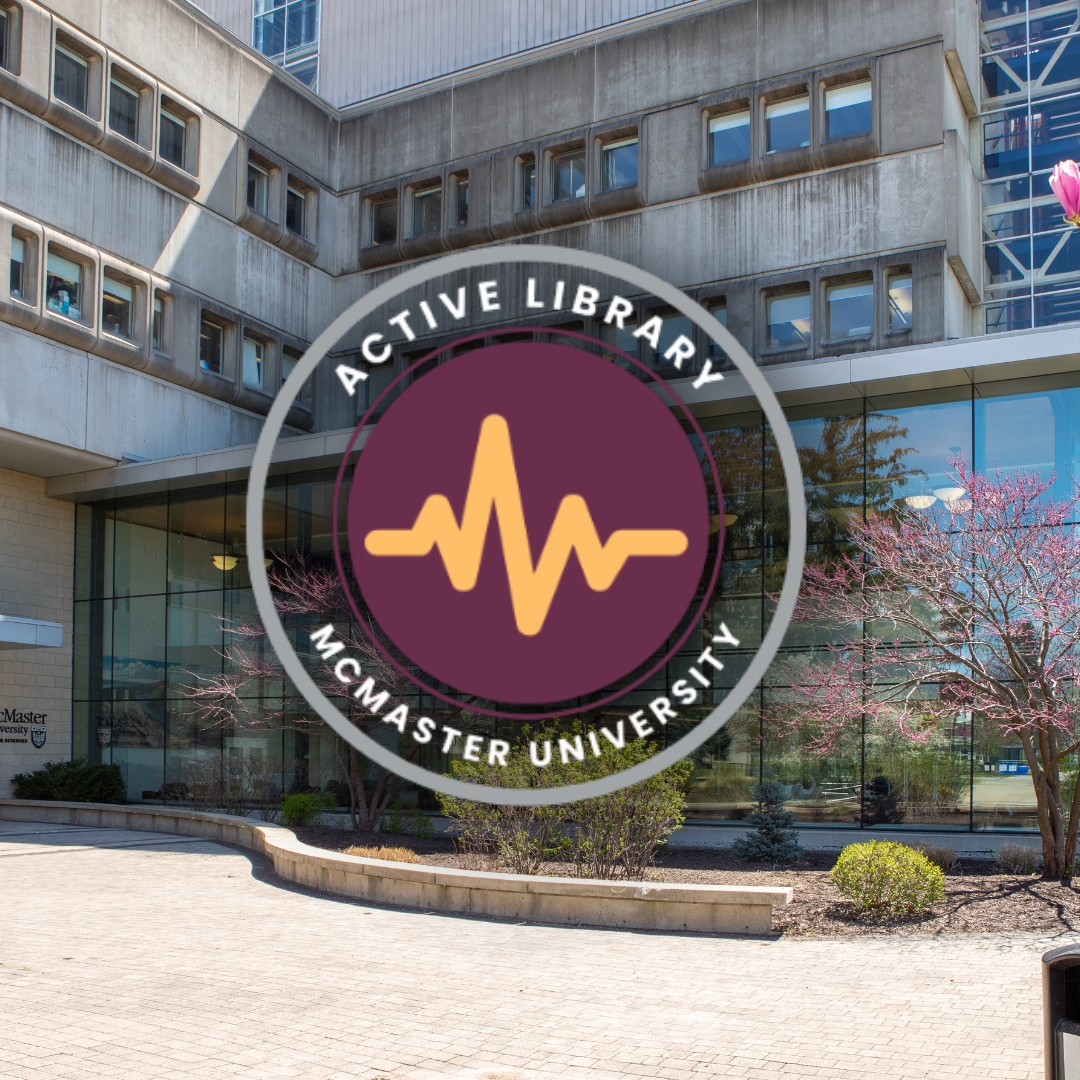
Active Library Initiative - Learn About Active Library Initiative
The Active Library Initiative aspires to create a Health Sciences Library environment that supports physical, social, and intellectual well-being by making physical activity accessible and enjoyable. In partnership with our community, the Active Library Initiative will offer both facilitated and self-guided activity options that make use of equipment such as bike desks, yoga mats, and collaborative artwork. We aim to encourage movement and mental breaks and increase awareness through campaigns and promotional activities. Join us in creating a healthier, more active library that supports learning, research, work and well-being.
International Food & Grocery Tour - Learn About the Tour
The International and Exchange Student Experience Office within the Student Success Centre and the Student Wellness Centre, is hosting a series of international grocery trips in Hamilton for international, exchange, newcomer and domestic students. The program features eight trips to diverse grocery stores, helping students connect with food products and kitchen equipment both familiar and new! Trips will include charter transportation and free food tastings, financial education around smart shopping, and creating a sense of belonging among participants and the Hamilton community through food and culture.
Ongoing Projects
The following projects are previous recipients of the McMaster Okanagan Special Project Funding that continue to be active during the 2024-2025 academic year.
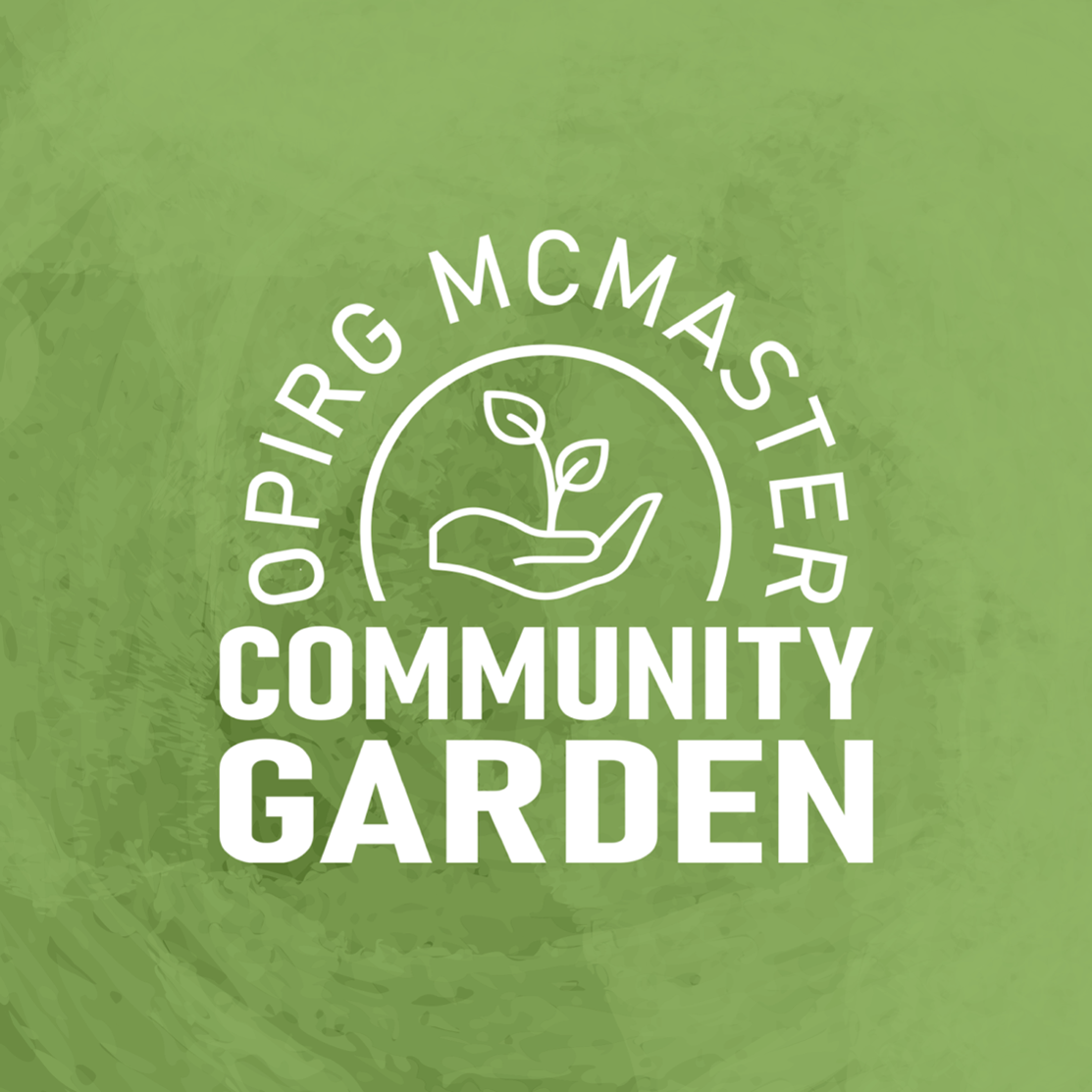
McMaster Community Garden - Learn About McMaster Community Garden
Please note: This project was originally funded by the 2022 McMaster Okanagan Special Project Funding and continues to be active during the 2024-2025 academic year.
Too many of us are fundamentally out of touch with our relationship to the land and where our food comes from. Many of us also face various obstacles to accessing fresh healthy produce. As much as we may try to promote healthy eating through education and other programs, there is nothing like pulling a carrot out of the ground and composting the leftovers to change the way we think about food and our relationship with nature. According to FoodShare Toronto, “Those involved with community gardens are more likely to eat and continue in the off-season to eat more fruits and vegetables.”
Community gardens are a site for connection, a place to form a community, and a way to gain experience and skills (DeMuro, 2013). Currently located in the McMaster Teaching and Community Garden, the OPIRG Community Garden seeks to grow a thriving garden space where folks in need of fresh produce can access it, and all members of the McMaster community can enjoy the therapeutic benefits of gardening as well as the beauty of an urban garden. Students and faculty will be welcome to volunteer at the garden, join the various workshops that are hosted, and harvest the fresh produce we grow.
OPIRG McMaster is a student-run organization that seeks to empower students and community members to take action on diverse social justice and environmental issues by providing funding, training, resources, and support.
More Than Food - Learn About More Than Food
Please note: This project was originally funded by the 2023 McMaster Okanagan Special Project Funding and continues to be active during the 2024-2025 academic year.
Choose to Reuse – ReusePass – is a new reusable to-go container program open to active students, staff, and faculty and available at Centro@Commons. In three easy steps, you can help McMaster University achieve its sustainability goals while also taking steps to protect the environment.
- Order your to go order in a “green container” and check out at cash with your ReusePass.
- Return your empty container to the Commons “Choose to Reuse” bin where it will be washed and sanitised.
- Save $1.25 and reduce waste by selecting to dine-in or “Choose to Reuse” each time you eat at Centro.
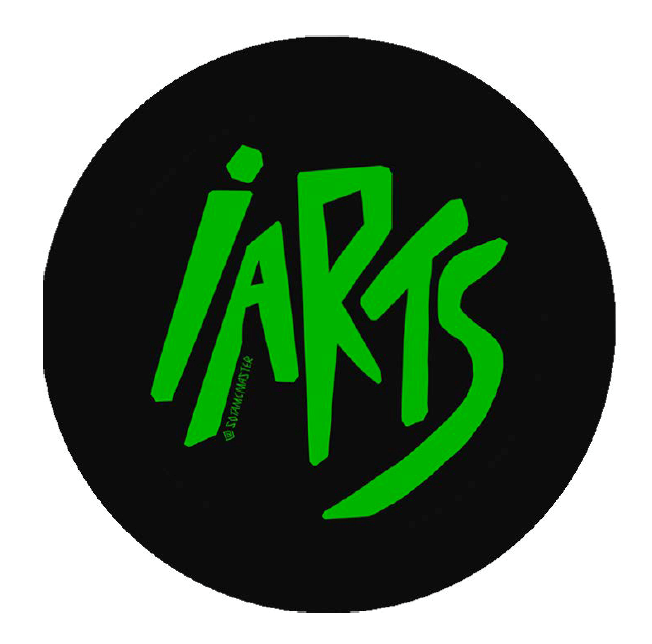
Celebrating the Diversity of the McMaster Community - Learn About Celebrating the Diversity
Please note: This project was originally funded by the 2023 McMaster Okanagan Special Project Funding and continues to be active during the 2024-2025 academic year.
We’re Here! Celebrating the Diversity of the McMaster Community is a photo and image-based public art installation that aims to render visible the diversity of the McMaster community. The images are meant to increase a sense of belonging amongst marginalized students, faculty, and staff and serve as an outstanding welcome for racialized, queer, trans, disabled, Deaf, Mad, migrant, or otherwise traditionally marginalized individuals when they step on our campus.
Working with two artists from McMaster’s School of the Arts (SOTA) Artist in Residence program for 2023, four iArts undergraduate students will develop a series of images championing the contributions of McMaster’s diverse student and employee populations that will be displayed throughout campus.
Collective Care - Learn About Collective Care
Please note: This project was originally funded by the 2023 McMaster Okanagan Special Project Funding and continues to be active during the 2024-2025 academic year.
Collective Care is a program operated by the MSU Student Health Education Centre (SHEC) and the MSU Women & Gender Equity Network (WGEN) that distributes digital gift cards to help students buy the resources they need, no questions asked. These resources include gender-affirming items, parenting and pregnancy items, safe(r) sex and menstrual items, personal care items and much more! Recognizing that the spectrum of student needs is ever-evolving, the program is dynamic, adaptable, and responsive to diverse individuals.
While the MSU services continue to play a pivotal role in student support, Collective Care bridges the gap for those whose needs may not be fully met by existing resources offered in our in-person spaces. It acknowledges that each student’s experience is unique, and barriers to well-being can manifest in various ways.
WRaP Toolkit - Learn About WRaP Toolkit
Please note: This project was originally funded by the 2023 McMaster Okanagan Special Project Funding and continues to be active during the 2024-2025 academic year.
The Well-being of Residents and Partners (WRaP) in Medicine Toolkit and Workshop is an initiative aimed at addressing the burnout crisis faced by postgraduate medical trainees (residents & fellows) and their partners. Despite the professional growth and fulfillment that medical training offers, it can have a negative impact on trainees’ well-being, mental health, and personal relationships. The WRaP project seeks to better address the challenges facing this population and promote flourishing by enhancing and protecting trainees’ social support and personal relationships, which are novel and under-explored targets for intervention.
The WRaP project involves co-designing a practical toolkit and workshop with residents, fellows, partners, educators, leaders, and relationship experts. Insights will be used from emerging quantitative and qualitative research conducted at McMaster University, including in-depth interviews. The WRaP workshop will engage medical learners, educators, practicing physicians, and other healthcare professionals to raise awareness about medical training’s impact on trainees, staff, partners, and patients. Through these initiatives, the WRaP project aspires to promote and provoke change at the individual, couple, and educational levels, as well as the broader healthcare system’s practices, policies, and culture.
Past Projects
In 2020, the McMaster Okanagan Office of Health & Well-being launched the first annual McMaster Okanagan Special Project Funding competition. Explore all MOSPF projects from 2020-2023 below.
Information Box Group
Frequently Asked Questions (FAQ)
Below is a list of FAQ about the application process and general requirements for the McMaster Okanagan Special Project Funding. If you have further questions, please email us at okanagan@mcmaster.ca.
Expandable List
The Okanagan Charter resulted from the 2015 International Conference on Health Promoting Universities and Colleges in Kelowna, British Columbia. The Charter was crafted by representatives from education and health institutions from 45 countries and the World Health Organization.
The purpose of the conference was to create a plan for how to improve global health and well-being. This led to the understanding that in order to improve the world, we should start with postsecondary institutions. This led to the creation of the Okanagan Charter and its calls-to-action.
The Okanagan Charter calls-to-action include:
- Embed health into all aspects of campus culture, across the administration, operations, and academic mandates.
- 1. Embed health in all campus policies.
- 2. Create supportive campus environments.
- 3. Generate thriving communities and a culture of well-being.
- 4. Support personal development.
- 5. Create or re-orient campus services.
- Lead health promotion action and collaboration locally and globally.
- 1. Integrate health, well-being and sustainability in multiple disciplines to develop change agents.
- 2. Advance research, teaching and training for health promotion knowledge and action.
- 3. Lead and partner towards local and global action for health
In 2017, McMaster University signed the Okanagan Charter. Inspired by the Okanagan Charter, the McMaster Okanagan Office of Health & Well-being is dedicated to enhancing health and well-being at McMaster University.
To view the Okanagan Charter, please click here.
In recognition to the importance of health and well-being in higher education, the McMaster Okanagan Office of Health & Well-being has developed the McMaster Okanagan Special Project Funding. The purpose of this fund is to encourage creative and impactful projects focused on health and well-being that benefit McMaster students, staff, and faculty.
The Project Management Institute (PMI) defines a project as temporary efforts to create value through unique products, services, and processes.
The McMaster Okanagan Office of Health & Well-being encourages creative and out-of-the box thinking when it comes to new health and well-being initiatives. We welcome all ideas, however all projects must be:
- Intended for members of the McMaster community as the target audience (may also benefit others in addition to the McMaster community)
- Managed by a current McMaster student, staff or faculty member
Also, projects cannot be:
- Part of a research study
If you have questions about the eligibility of your project, please email us at okanagan@mcmaster.ca to discuss your project idea further.
Applicants are responsible for all areas of development and operation of the project. The McMaster Okanagan Office of Health & Well-being will provide guidance when required, however the day-to-day function of the project is the responsibility of the applicant(s).
Each project must have at least one active student, staff or faculty member to act as the contact person throughout the life of the project. Graduating students may be part of the application process but the contact person must be a currently enrolled student (full or part-time).
The McMaster Okanagan Office of Health & Well-being encourages creative and impactful ideas. Below are a few examples of projects that may be funded:
- Provide more benches, picnic tables, or yellow benches on campus
- Create a meditation room on campus
- Provide yoga classes in downtown Hamilton
- Hire a student to help develop a new well-being initiative
If you are considering hosting a conference or talk, we encourage you to reach out to one of the many McMaster experts available before bringing in a speaker outside of McMaster.
To explore MOSPF projects from previous years, please visit the “Past Projects” tab in the menu above.
The McMaster Okanagan Office of Health & Well-being believes that all areas of our daily lives influence our health and well-being. For that reason, we have adopted the use of The Eight Dimensions of Well-being for the classification of our health and well-being programs, services, and educational opportunities.
The eight dimensions include physical, emotional, spiritual, social, intellectual, financial, environmental and occupational.
In your application, you will be required to choose up to 3 dimensions that you would like your project to be reviewed under.
We want to ensure that the selected projects are representative of the vast array of well-being. Therefore, applications must indicate what dimensions it would like to be assessed under. Each project can choose up to 3 dimensions.
All current McMaster students, staff, and faculty members are eligible to apply. Applications can be submitted by groups or individuals.
Note: If you are a student graduating or an employee leaving the year of your project application, you must have a plan for who will take over the project in your absence. Please include this information in your application.
The application form is hosted on Microsoft Forms. Applications will only be accepted online through the official MS form.
Links to the MS form will be provided when applications are opened. Please check-in regularly at our website and social media for updates.
Applications must be submitted through Microsoft Forms.
Funding is available up to $5,000 per project. Projects must submit a detailed budget request along with the application outlining how the funds will be used.
Please download the project budget template that will be used as part of the evaluation criteria for projects.
Expenses that will not be approved for the McMaster Okanagan Special Project Funding include, but are not limited to:
- Staff or faculty salaries
- Primary research costs
- Small equipment purchases that are not ergonomically safe or effective
- Office renovations, office furniture, or artwork
- The purchase of stereo or electronic equipment for entertainment purposes
- Individual monetary reimbursements for gym memberships/fitness classes/ assessments
- Charitable donations
- Alcohol or illicit substances
- Any expenses not directly related to the project
If you are unsure if your expense will be covered, please email us at okanagan@mcmaster.ca.
There is no limit to the number of applications an individual or group is allowed to submit. However, each project must have its own application.
Yes, every applicant can re-apply the following year when the application re-opens. Applicants can re-apply with the same project but the McMaster Okanagan Office of Health & Well-being recommends applying with a new project.
Funds will be transferred to a project-specific account via Mosaic.
All projects will be required to submit an end-of-project report and financial report. Applicants will be given a three-month time period to submit their final project report after their project ends.
Projects might be requested to present their achievements at an internal conference.
Application Opens: January 2024
Application Closes: February 29, 2024 at 11:59 PM (now closed)
Evaluation Period: March 2024
Results Released: Spring 2024
Once approved, the projects from the McMaster Okanagan Special Project Funding will have 12 months to develop their activities. If necessary, extensions can be negotiated on a case-by-case basis.
For any additional questions related to the McMaster Okanagan Special Project Funding, please email okanagan@mcmaster.ca.
MOSPF Testimonials
Interested in applying? View the videos below for testimonials from previous McMaster Okanagan Special Project Funding recipients.

